Football, like almost all other aspects of life, is intrinsically linked with politics. A stadium is just an extension of ordinary life, and there is no reason why football (or any other sport for that matter) should exclude itself from political discourse. In fact, the existence of the nation-state is political; whether it is being represented in the uniform of the military or the uniform of a national football team.
In recent weeks, the issue of whether political symbols should be ‘allowed’ in football has dominated headlines. This, in response to the fact that FIFA denied the request of the English and Scottish FA to wear poppies on Armstice day, when they are both scheduled to play. For those of us who follow international football, this is hardly the first time FIFA has refused permission for England to wear a poppy (and then gone on to reach a compromise). FIFA’s Laws of the Game, under Rule 4, govern what the player’s equipment should be and state that ‘basic compulsory equipment must not have any political, religious or personal slogans, statements or images.’
FIFA isn’t football’s only governing body that subscribes to this rule, Article 16 of UEFA’s regulations also requires clubs to not allow ‘messages that are of a political, ideological, religious, offensive or provocative nature’ to be displayed during a match. In the past, for European football this has extended beyond just symbols on team shirts to include flags being flown by fans in the stadium. FC Barcelona were fined in Champions League matches for fans flying esteladas (a flag that is the symbol of Catalan independence), and Celtic have been fined for flying the Palestinian flag.
Is the poppy a political symbol? People in Britain all seem to have varying different beliefs when it comes to what it symbolises; for some it is a reminder of innocent lives lost in war, for others it is a crude symbol of British militarism. In the end, FIFA hasn’t set out definitions of the terms above and therefore, it is a highly subjective test as to whether something is considered ‘political’. There is a broader issue here than simply poppies, however. Why should we repress political expression in football or any other sport? What makes it a politics-free arena? After all, footballers and football fans generally form part of the electorate and are as affected by political decisions as anyone else. Archie Bland argues that ‘saying that sport and politics don’t mix is not an expression of neutrality: it is an expression of tacit support for the status quo.’
Football, particularly, lends itself well to tribalism just like politics. Whole communities centre themselves around the sport, it is as important to them as their jobs and possibly their families as well. Some people may choose to leave behind all aspects and ‘focus on the football’ but all matters in life are intersectional, sport included. Issues from the political arena are sometimes greatly exaggerated in football; racism is evident to see both in the insults and harassment black players receive from opposing fans and in the fact that at managerial level and above, football lacks minority representation. On the other hand, no other profession affords such accelerated upward social mobility and highlights class issues as well as football. Corruption, a major political issue, has recently been shown to exist in football as well in the FIFA scandal. Inevitably then, it becomes almost impossible to disentangle football from politics.
On the other hand, allowing a floodgate of political, religious or other symbols is not likely to be a sensible move. State-sponsored inflammatory symbols should not be allowed on the football pitch but this has to be balanced alongside the right to freedom of political expression. There is an entirely separate debate to be had regarding whether the poppy loses any meaning as it becomes increasingly mandatory for public figures. In this case, I would argue that once again, the issue of the poppy has been blown way out of proportion. It is not a universal symbol, as illustrated by the fact that Chinese officials asked David Cameron and his colleagues to remove the poppy because it served as a reminder of the Opium Wars. Perhaps FIFA and UEFA need to clarify their respective rules, which are entirely subjective as they stand.
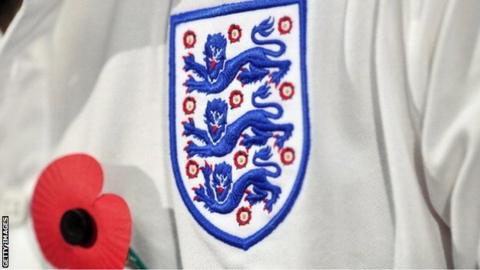
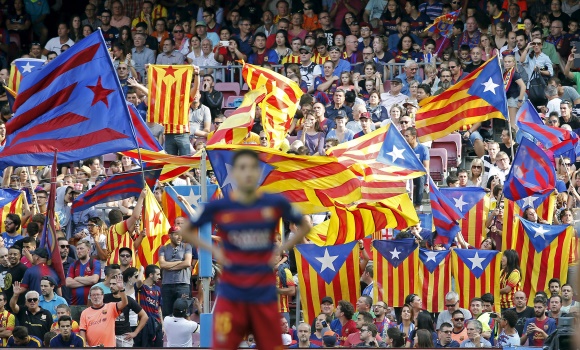
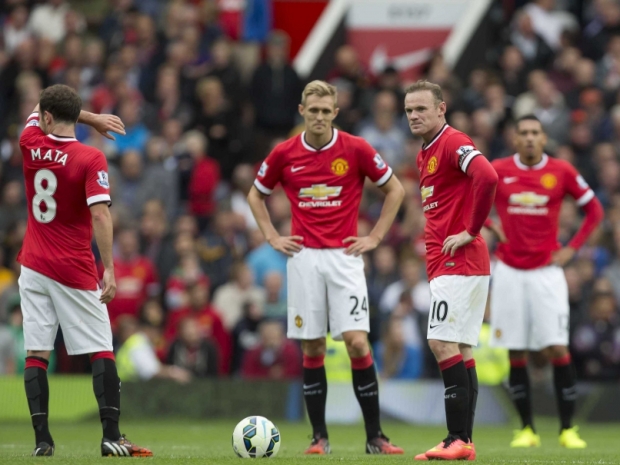
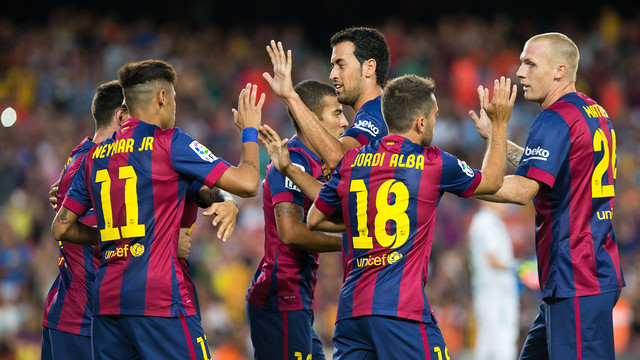
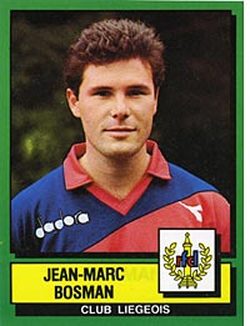
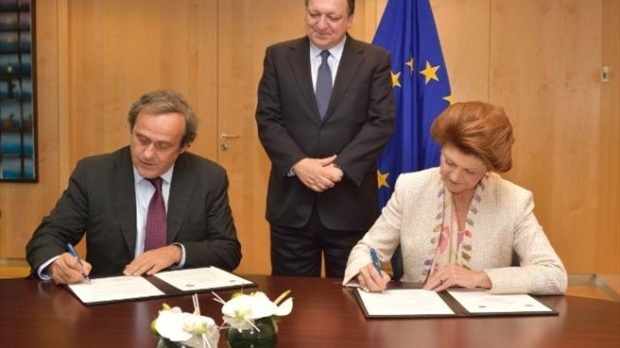 L-R: Michel Platini, José Manuel Barroso, Androulla Vassiliou
L-R: Michel Platini, José Manuel Barroso, Androulla Vassiliou 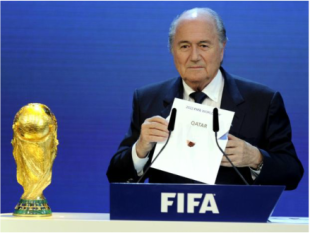
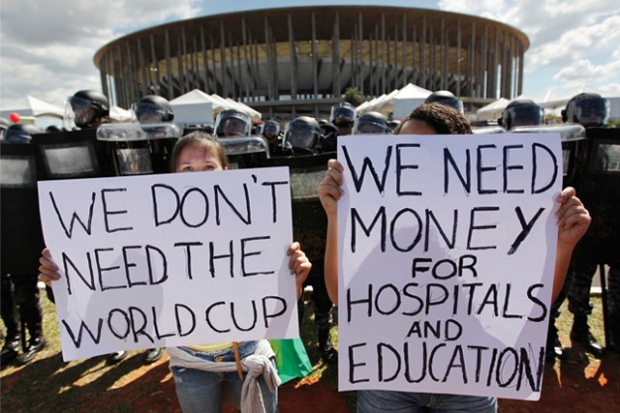
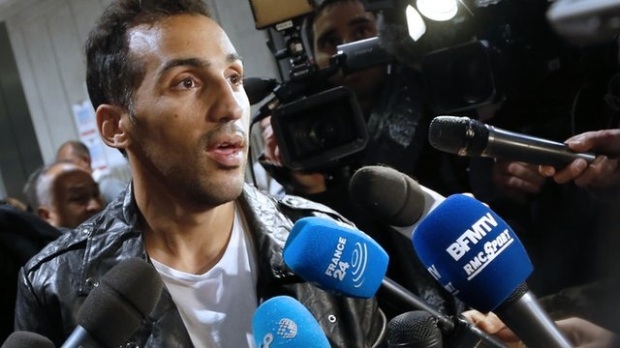 Zahir Belounis, speaking to the media. Source:
Zahir Belounis, speaking to the media. Source: 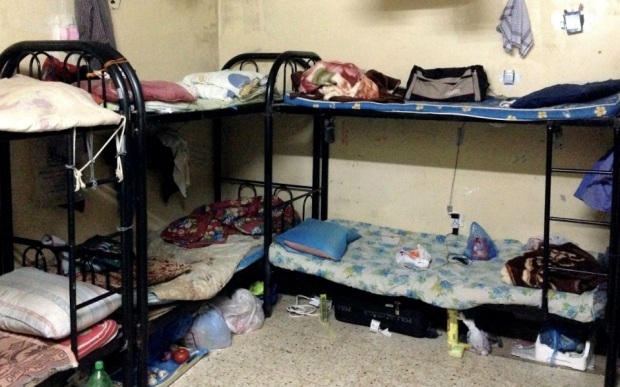 Living conditions of migrant workers in Qatar. Source:
Living conditions of migrant workers in Qatar. Source: